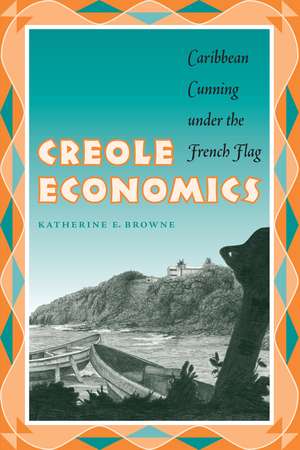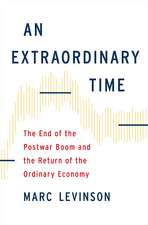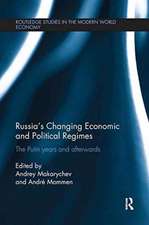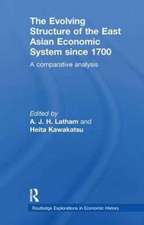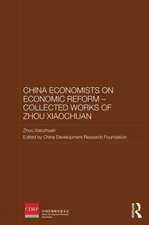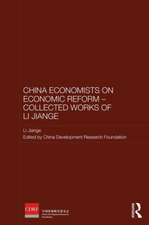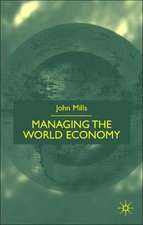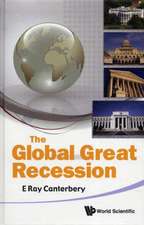Creole Economics: Caribbean Cunning under the French Flag
Autor Katherine E. Browneen Limba Engleză Paperback – noi 2004
Browne draws on a decade of ethnographic fieldwork and interview data from all socioeconomic sectors to question the common understanding of informal economies as culture-free, survival strategies of the poor. Anchoring her own insights to longer historical and literary views, the author shows how adaptations of cunning have been reinforced since the days of plantation slavery. These adaptations occur, not in spite of French economic and political control, but rather because of it. Powered by the "essential tensions" of maintaining French and Creole identities, the practice of creole economics provides both assertion of and refuge from the difficulties of being dark-skinned and French.
This powerful ethnographic study shows how local economic meanings and plural identities help explain work off the books. Like creole language and music, creole economics expresses an irreducibly complex blend of historical, contemporary, and cultural influences.
Preț: 230.56 lei
Nou
Puncte Express: 346
Preț estimativ în valută:
44.12€ • 46.19$ • 36.50£
44.12€ • 46.19$ • 36.50£
Carte tipărită la comandă
Livrare economică 07-21 aprilie
Preluare comenzi: 021 569.72.76
Specificații
ISBN-13: 9780292705814
ISBN-10: 0292705816
Pagini: 291
Ilustrații: 19 halftones, 24 line drawings, 3 figures, 1 map
Dimensiuni: 152 x 229 x 20 mm
Greutate: 0.4 kg
Ediția:New.
Editura: University of Texas Press
Colecția University of Texas Press
ISBN-10: 0292705816
Pagini: 291
Ilustrații: 19 halftones, 24 line drawings, 3 figures, 1 map
Dimensiuni: 152 x 229 x 20 mm
Greutate: 0.4 kg
Ediția:New.
Editura: University of Texas Press
Colecția University of Texas Press
Notă biografică
Katherine E. Browne is Associate Professor of Anthropology at Colorado State University and is the recipient of the American Anthropological Association’s 2018 Franz Boas Award for Exemplary Service to Anthropology.
Cuprins
- Preface
- Acknowledgments
- Part One: Groundings
- Chapter 1: Elements
- Chapter 2: Social Histories: The Weight of France in Martinique
- Part Two: Frameworks
- Chapter 3: Cultural Economies: Relating Social Values to Economic Theory in Martinique
- Chapter 4: Afro-Caribbean Identities: Postcolonial Tensions and Martinique's Creole Débrouillard
- Part Three: Practices
- Chapter 5: Adaptations of Cunning: The Changing Forms of Débrouillardism
- Chapter 6: Opportunism by Class: The Profit and Status of Undeclared Work
- Chapter 7: Women, Men, and Economic Practice: Different Routes to Autonomy and Status
- Epilogue: Imagining the Future of Creole Economics
- Notes
- Glossary
- References Cited
- Index
Recenzii
Persuasive and engagingly written, Creole Economics should be required reading in anthropology, economics, and Caribbean Studies courses.
In addition to being a beautifully written and deeply empathetic account, Browne’s book is visually striking…The result is a callaloo of careful scholarship and imagery that is both enjoyable to read and a significant contribution to economic anthropology and Caribbean studies.
She has produced a highly personal yet analytically rigorous account of a French Caribbean isle, and to her great credit, she presents complex intellectual terrain as a most enjoyable read.
Descriere
Browne draws on a decade of ethnographic fieldwork and interview data from all socioeconomic sectors to question the common understanding of informal economies as culture-free, survival strategies of the poor.
